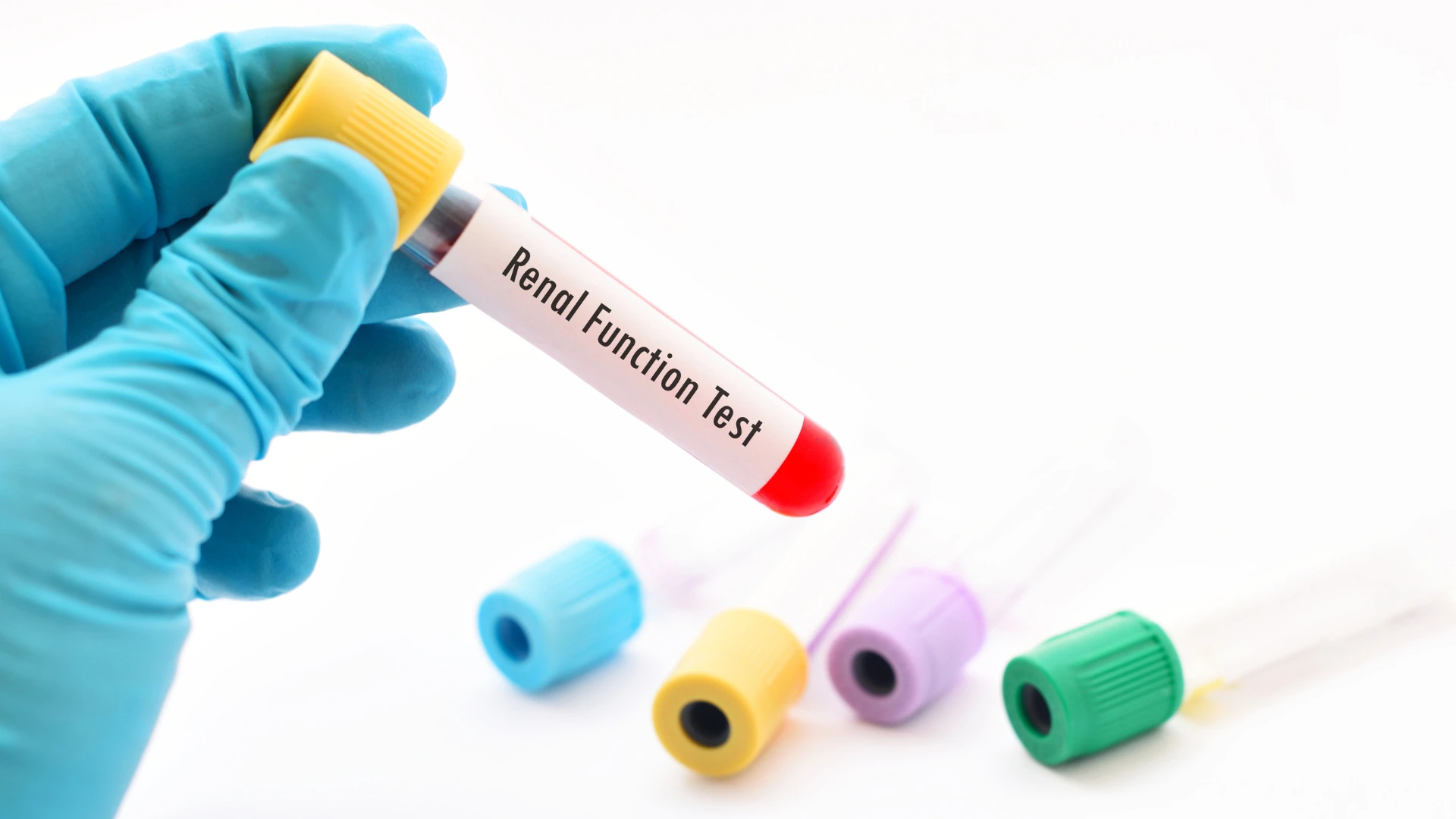
The CPK (Creatine Phosphokinase) test measures the level of CPK, an enzyme found in your heart, brain, and skeletal muscles. This test helps diagnose muscle damage, heart conditions, and other health issues related to tissue injury.
What Is CPK? 🔍
Creatine phosphokinase is an enzyme released into the blood when muscle tissues are damaged or stressed. It is classified into three types:
Elevated CPK levels in the blood suggest damage or stress to one or more of these tissues.
Why Is the CPK Test Important? 🤔
Doctors may recommend this test for:
What Can the Test Reveal? 👀
CPK results are often analyzed alongside other tests, like troponin for heart health or kidney function tests, for a complete diagnosis.
A Critical Test for Tissue Health 💡
The CPK test is a simple blood test that provides valuable information about muscle, heart, and brain health. Early detection of abnormal CPK levels can guide timely treatment, prevent complications, and support recovery.
Protect your muscle and heart health—book your appointment today for a CPK test.
DISCLAIMER: The information presented on this page has been intentionally condensed and simplified to make it accessible and easier to understand for the general audience. Its purpose is solely to provide basic awareness and education on the topic discussed. It is important to note that this content is not exhaustive and does not replace or serve as a substitute for professional medical advice, diagnosis, or treatment. Readers are strongly advised to seek consultations with qualified healthcare professionals or specialists for accurate assessment, personalized guidance, and appropriate medical care. Relying solely on the information provided here, without professional oversight, may lead to misunderstandings or inadequate treatment.
Privacy policy
Copyright ©2025 Klinika Kajo. Designed By Vizional